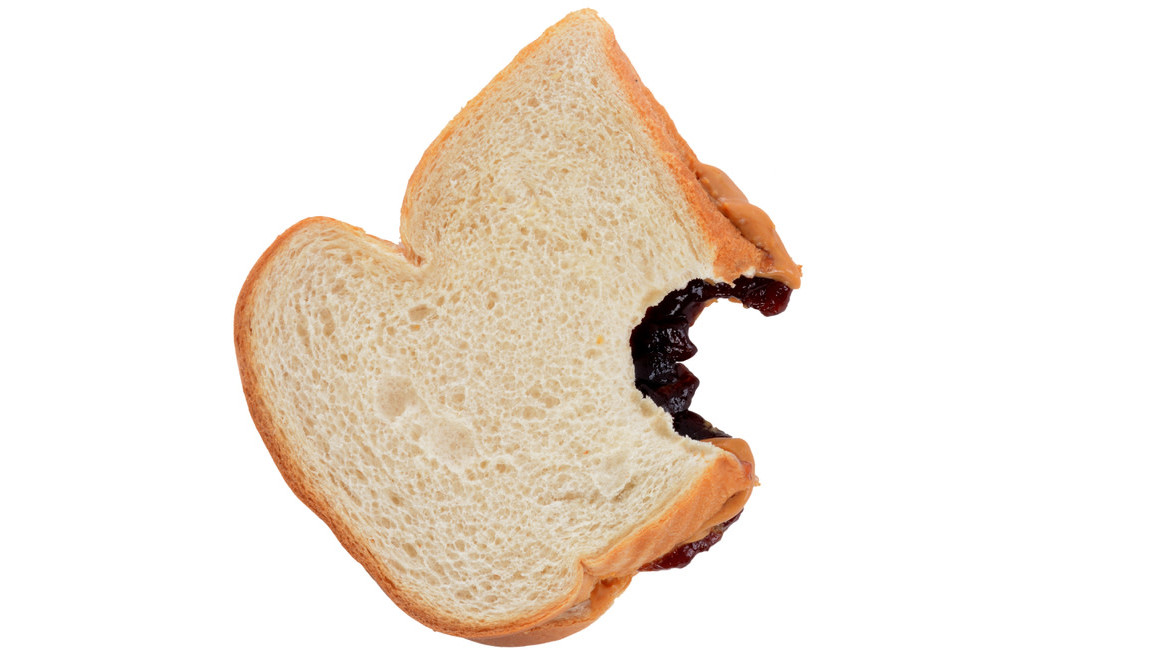Rhode Island Schools Backpedals On Proposal Critics Said Was "Lunch-Shaming" [Updated]
Updated May 9, 2019: One day after the Warwick Public Schools system received national attention for a policy limiting the school lunch choice for students with unpaid debt, the school district announced it would not be implementing the program, which was scheduled to take effect on May 13. In addition, the Providence Journal reported that Chobani, the Greek yogurt makers, announced it would help pay off the estimated $77,000 in unpaid school lunches.
Original May 8, 2019 post: For years, studies have established that proper nutrition during the school day is as crucial to a child's learning and development as any facet of education. In some parts of the U.S., efforts have been made to ensure proper school-day nutrition for all, whether through healthier options or the provision of out-of-school meals for students in need.
However, not all approaches to this issue are so positive. You may remember reading about what happened in Rhode Island late last year, when a school district there sent a collections agency after parents with outstanding lunch debts. Now another public school district reportedly plans to minimize the lunch options for students in their K-12 classes, if their dining account has an outstanding debt.
Warwick Public Schools, a Rhode Island district presiding over 9,000-plus students, made the initial announcement on its Facebook page on Sunday:
NBC News, in reporting on the story, notes that "Public schools in Rhode Island are mandated by state law to provide lunches to students, but legislation that requires schools to provide hot lunches has not yet been passed."
The post was immediately met with complaints and angry responses from district parents, who noted that a sunflower butter-and-jelly sandwich is not an adequate lunch by virtually any nutritional measure. (While The Takeout will never disparage a good simple sandwich, they're entirely correct on this point.)
Additionally, local affiliate WPRI-12 reports that local restaurant owner Angelina Penta raised $4,000 for a mass donation toward the total debt, only to have it refused by the school district. Said Penta, "They basically said they couldn't take my check because people would get upset if their child's lunch was being paid for." She also reportedly tried twice more to negotiate a solution with Warwick, to no avail.
The district publicly remarked in response to Penta that "it was not in the position to single out or identify specific students that should be selected for a reduction in their lunch debt while excluding others." It was also quoted as saying that "The business owner has maintained a position that they want to make a single, large donation to the district while leaving the student selection process to the school department ... This is a position that the school department cannot support given the school's mission to treat all children equitably."
For as much as nutrition is an ongoing problem in many American schools, the role of those schools in the process of "lunch shaming" is an equivalent one. It's hard enough going to school when your family happens to be struggling more than most; it's far harder still when that fact is made clear to your peers on a daily basis. Like many, The Takeout hopes that Warwick will reconsider its policy, and/or work with parents on a way to better serve the most crucial needs of the students in its charge.
